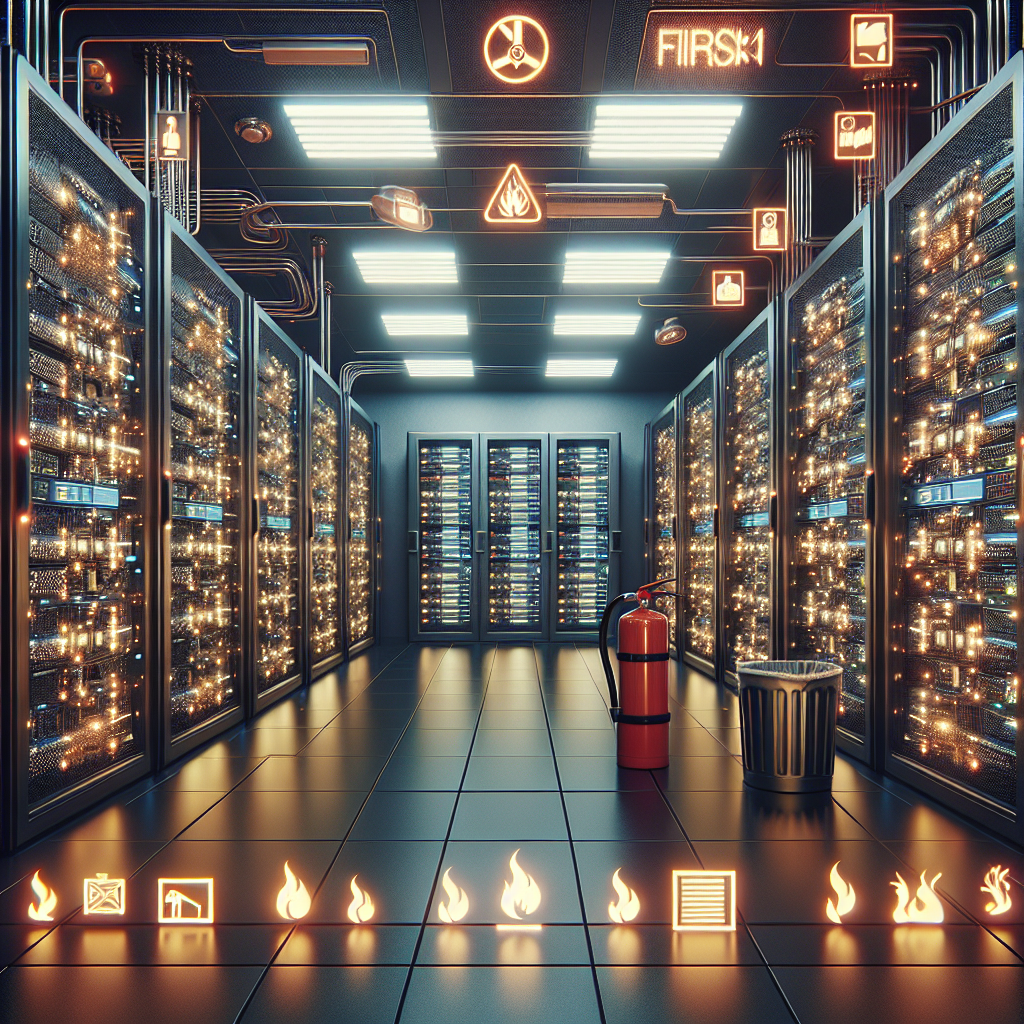Key Considerations for Fire Suppression in Modern Data Centers
As data centers continue to grow in size and complexity, the need for effective fire suppression systems has become more critical than ever. Fires in data centers can result in significant downtime, data loss, and financial losses, making it essential for businesses to prioritize fire protection measures. Here are some key considerations for fire suppression in modern data centers:
1. Early detection: Early detection of a fire is crucial in preventing it from spreading and causing damage to critical equipment. Data centers should be equipped with smoke detectors, heat sensors, and other advanced fire detection systems that can quickly alert staff of any potential fire hazards.
2. Automatic suppression systems: In the event of a fire, automatic suppression systems such as sprinklers or gaseous suppression systems should be in place to quickly extinguish the fire. Gaseous suppression systems, such as FM-200 or Inergen, are commonly used in data centers as they are effective in suppressing fires without causing damage to sensitive equipment.
3. Redundancy: Data centers should have redundant fire suppression systems in place to ensure that there is always a backup in case one system fails. This could include having multiple suppression systems, as well as redundant power supplies and controls to ensure that the systems are always operational.
4. Compatibility with IT equipment: Fire suppression systems should be compatible with the IT equipment in the data center to prevent damage during a fire suppression event. For example, water-based suppression systems may not be suitable for data centers with sensitive electronic equipment, as water can cause irreparable damage.
5. Regular maintenance: Regular maintenance and testing of fire suppression systems are essential to ensure that they are working properly and are ready to respond in case of a fire. Data center operators should schedule regular inspections and testing of suppression systems to identify and address any issues before they become a problem.
6. Compliance with regulations: Data centers must comply with local fire codes and regulations when designing and installing fire suppression systems. Failure to comply with these regulations could result in fines and legal liabilities in the event of a fire.
In conclusion, fire suppression is a critical aspect of data center operations that should not be overlooked. By implementing early detection systems, automatic suppression systems, redundancy, compatibility with IT equipment, regular maintenance, and compliance with regulations, data center operators can ensure that their facilities are adequately protected against the threat of fires. Investing in robust fire suppression systems is not only a smart business decision but also a crucial step in safeguarding the integrity and continuity of data center operations.


